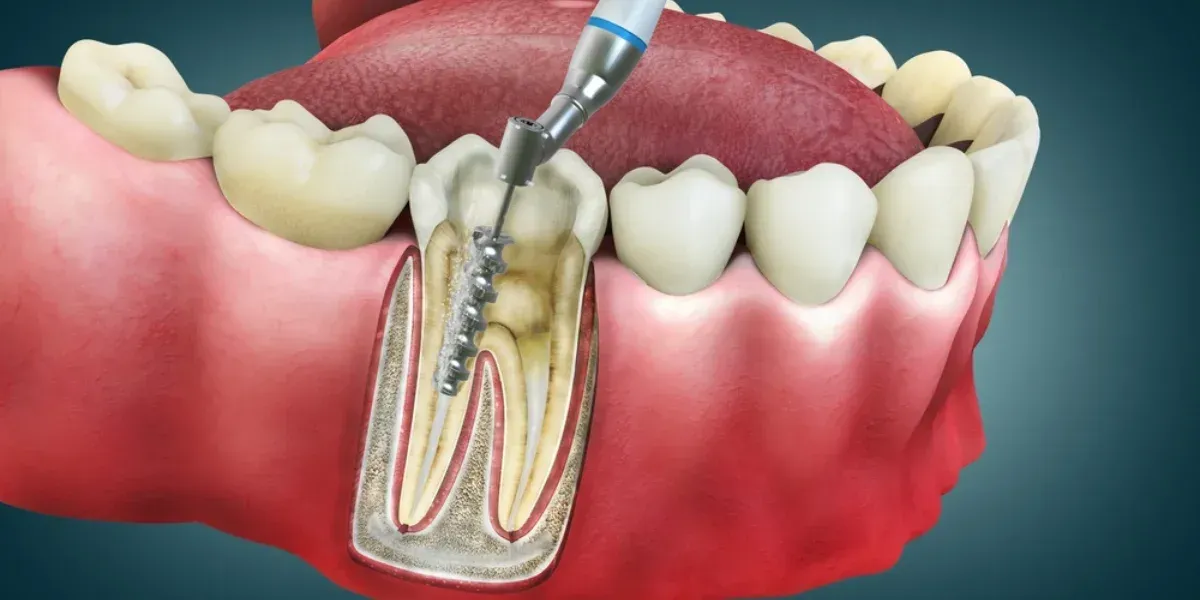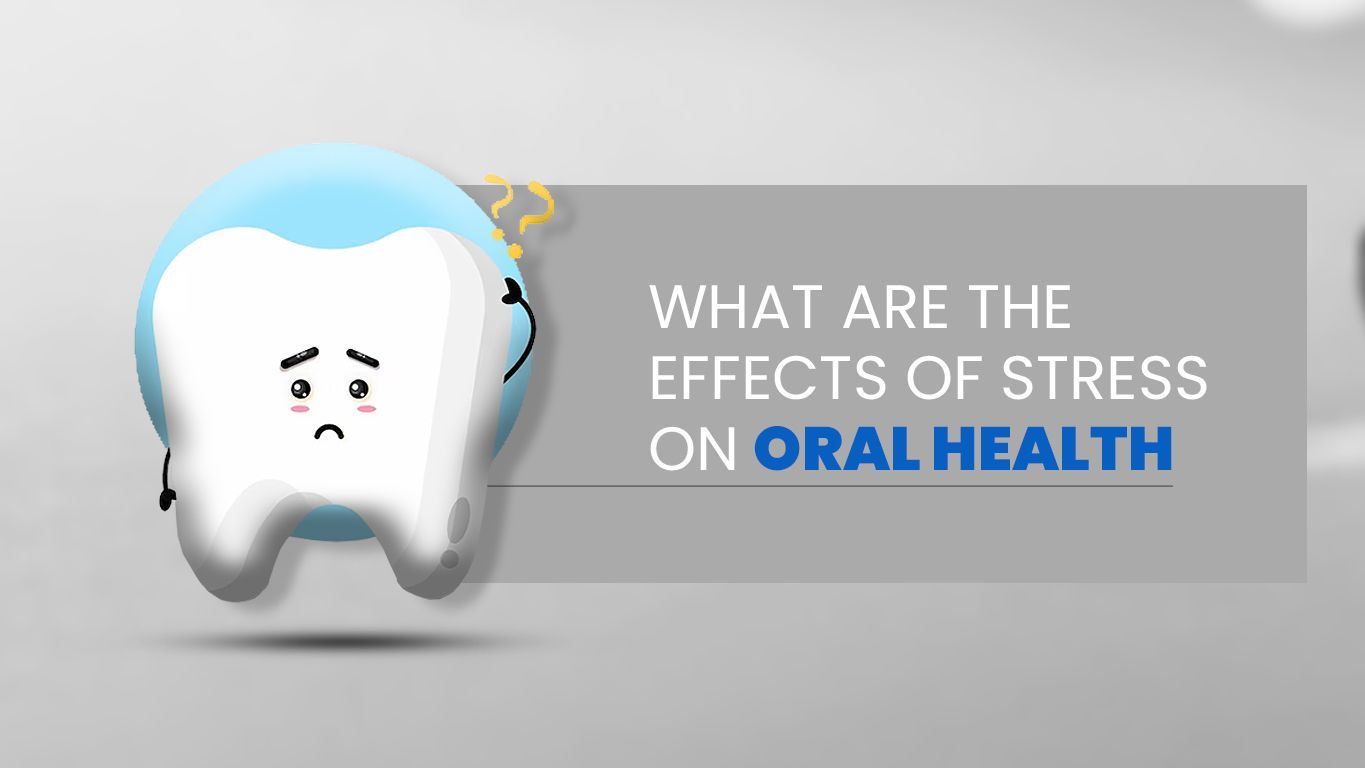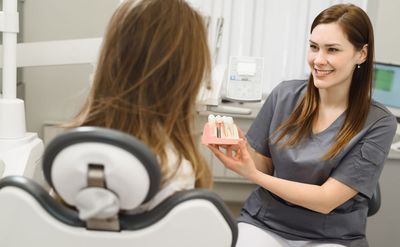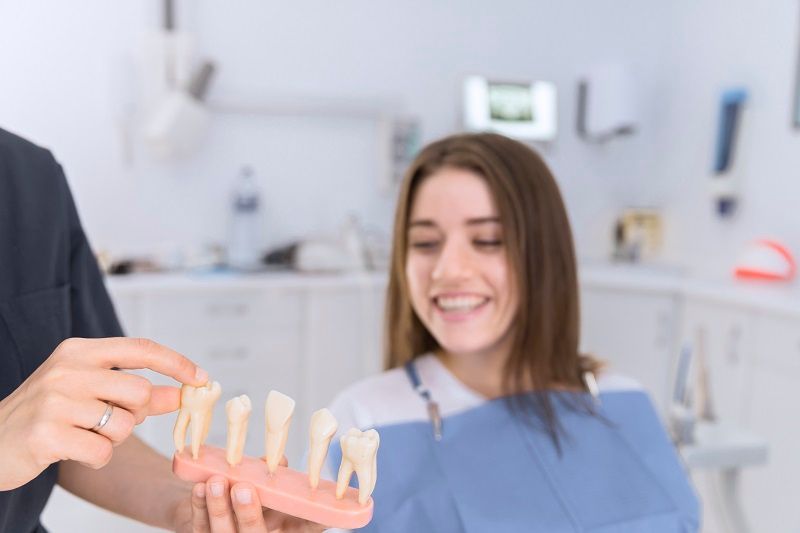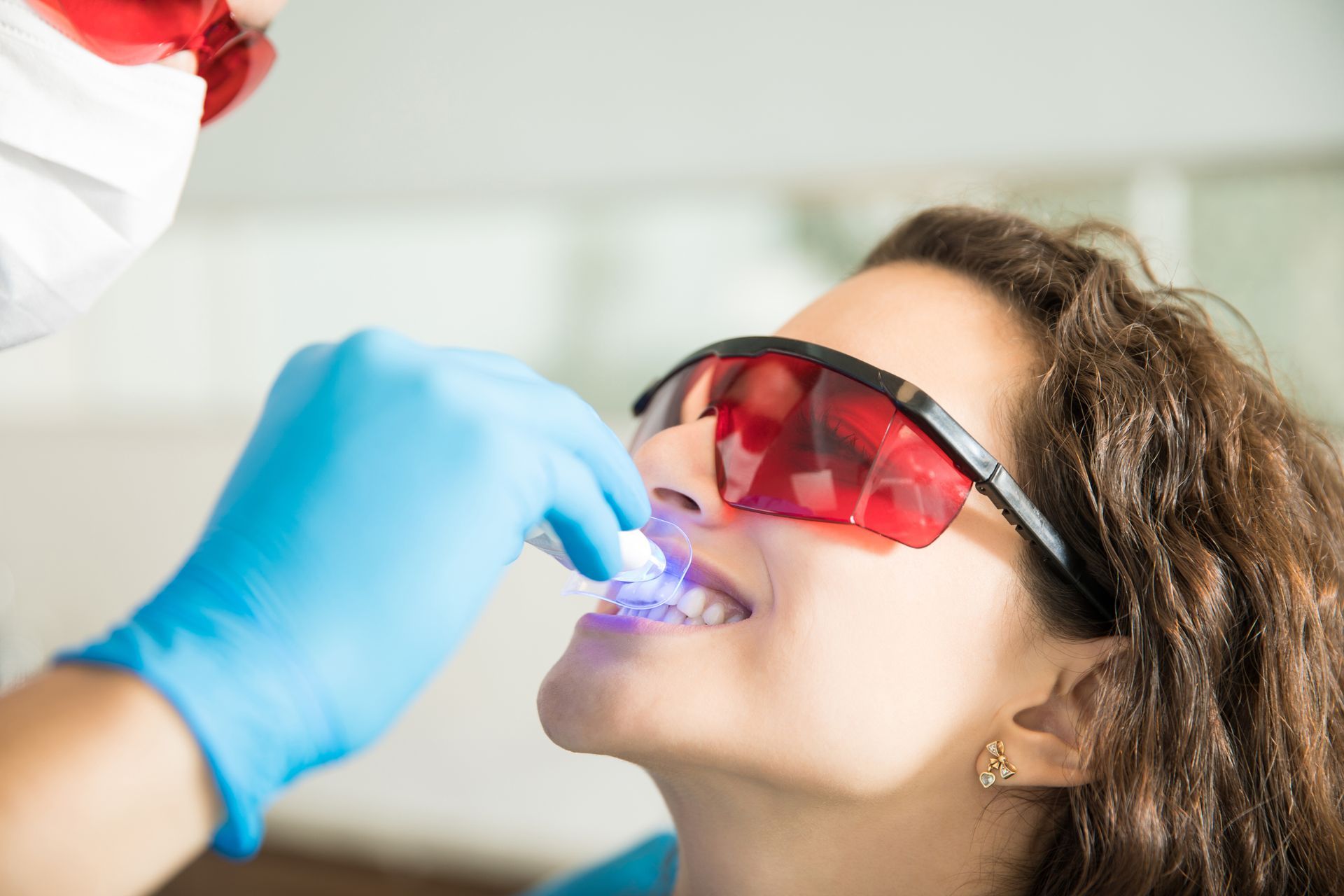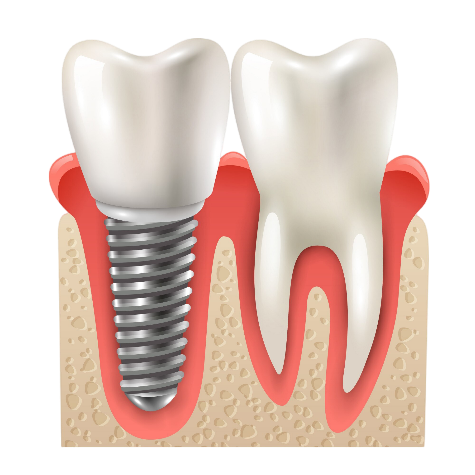Dental Implant Aftercare: Tips by Dr. Ali Sedighian at Ellicott City Dentistry
Dental implants are a significant investment in your oral health, offering a permanent solution for missing teeth. At Ellicott City Dentistry, Dr. Ali Sedighian and our team are committed to ensuring that your dental implant journey is as smooth and successful as possible. Proper aftercare is crucial to the longevity and success of your dental implants. Here are some essential tips to help you take care of your new implants and maintain a healthy, beautiful smile.
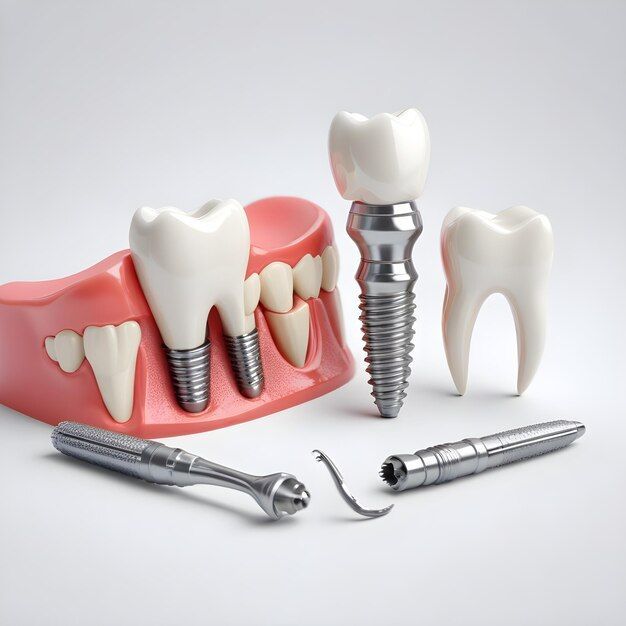
Immediate Aftercare: The First 24 Hours
1. Rest and Recovery
After your dental implant surgery, it's important to rest and avoid strenuous activities. Your body needs time to heal, and rest is essential for recovery.
2. Control Bleeding
It's normal to experience some bleeding after the procedure. Bite down gently on a gauze pad placed over the surgical area, changing it as needed. If bleeding persists, try biting on a damp tea bag. The tannic acid in tea can help constrict blood vessels and reduce bleeding.
3. Manage Pain and Swelling
Pain and swelling are common after dental implant surgery. Use over-the-counter pain relievers as prescribed by Dr. Sedighian. Apply an ice pack to your cheek for 15 minutes at a time to reduce swelling.
4. Avoid Disturbing the Surgical Site
Refrain from touching, poking, or disturbing the surgical area with your tongue or fingers. Avoid using straws, spitting, or rinsing vigorously for the first 24 hours to prevent dislodging the blood clot.
Diet and Nutrition: What to Eat and Avoid
1. Stick to Soft Foods
For the first few days, consume soft foods that don't require much chewing. Good options include yogurt, mashed potatoes, scrambled eggs, smoothies, and soups. Gradually reintroduce solid foods as you heal.
2. Stay Hydrated
Drink plenty of water to stay hydrated. Avoid hot beverages, alcohol, and carbonated drinks, as these can irritate the surgical site.
3. Avoid Hard and Crunchy Foods
Steer clear of hard, crunchy, or sticky foods that could damage your implant or irritate the surgical site. Nuts, chips, and chewy candies should be avoided during the healing period.
Oral Hygiene: Keeping Your Mouth Clean
1. Gentle Brushing
Maintain good oral hygiene by gently brushing your teeth twice a day with a soft-bristled toothbrush. Be careful around the surgical area to avoid irritation.
2. Rinse with a Mild Saltwater Solution
After the first 24 hours, rinse your mouth with a mild saltwater solution (one teaspoon of salt in a glass of warm water) several times a day. This helps keep the area clean and promotes healing.
3. Avoid Mouthwash
Refrain from using commercial mouthwash for the first week, as it can be too harsh for the surgical site. Stick to saltwater rinses unless otherwise directed by Dr. Sedighian.
Long-Term Care: Ensuring Implant Success
1. Regular Dental Check-Ups
Schedule regular check-ups with Ellicott City Dentistry to monitor the health of your implants and overall oral health. Dr. Sedighian will ensure that your implants are functioning properly and address any concerns.
2. Quit Smoking
Smoking can significantly impair healing and increase the risk of implant failure. If you smoke, consider quitting to improve your oral and overall health.
3. Avoid Teeth Grinding
If you grind your teeth at night, talk to Dr. Sedighian about getting a nightguard. Teeth grinding can put excessive pressure on your implants and lead to complications.
When to Contact Ellicott City Dentistry
If you experience any unusual symptoms such as excessive bleeding, severe pain, or signs of infection (fever, chills, swelling that doesn't subside), contact Ellicott City Dentistry immediately. Our team is here to support you through every step of your dental implant journey.
Conclusion
Proper aftercare is essential for the success and longevity of your dental implants. By following these tips from Dr. Ali Sedighian at Ellicott City Dentistry, you can ensure a smooth recovery and enjoy the benefits of your new smile for years to come. If you have any questions or need additional guidance, don't hesitate to reach out to our office. We're here to help you achieve optimal oral health and a beautiful, confident smile.
For more information or to schedule an appointment, visit www.ellicottcitydentistry.com or call us today.

